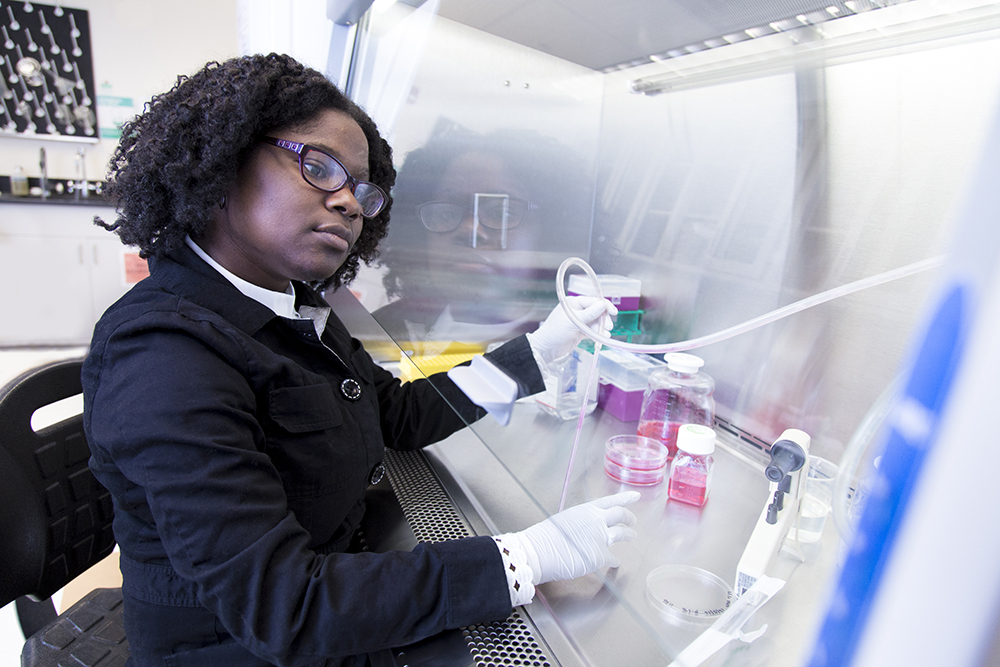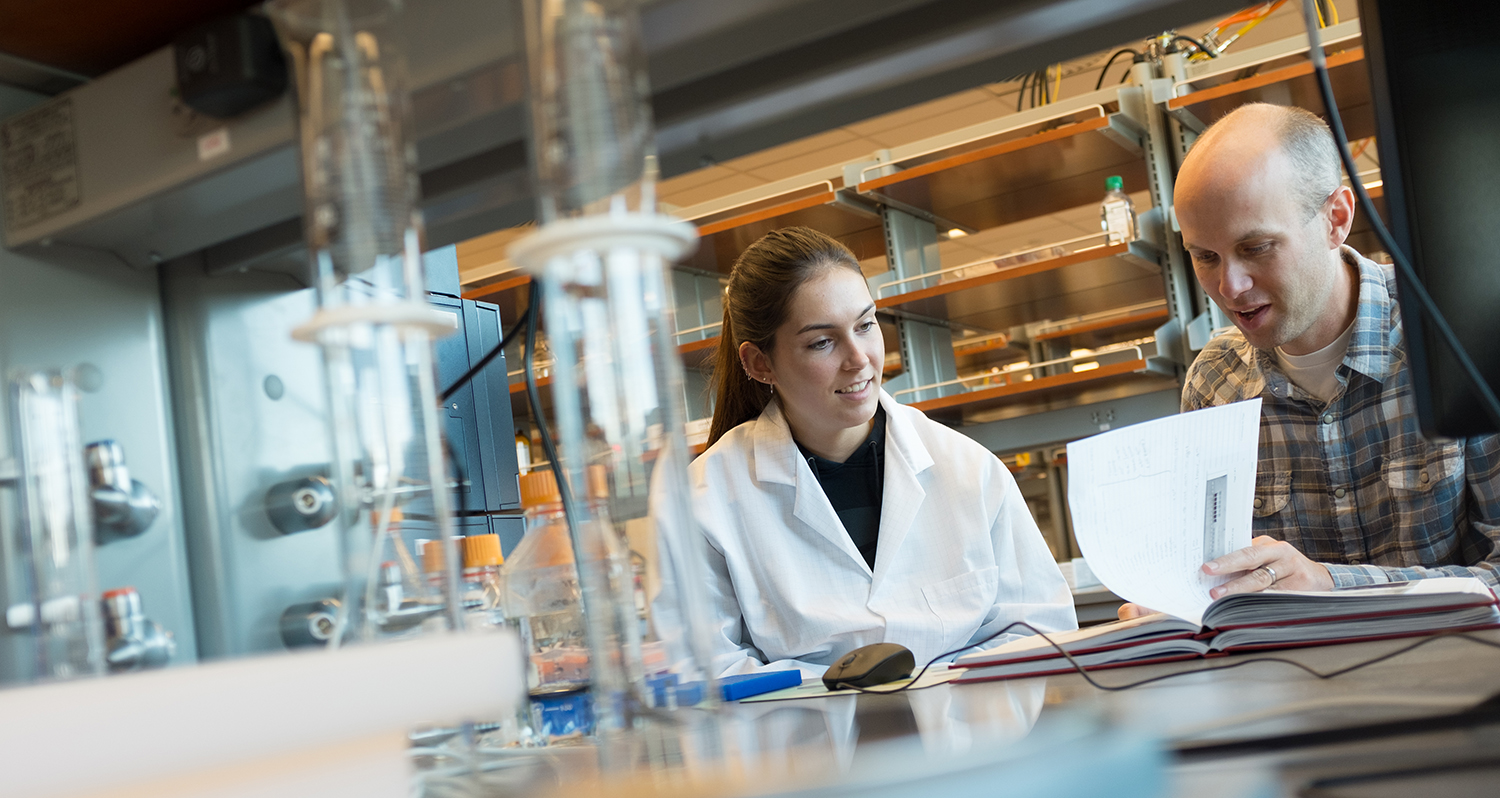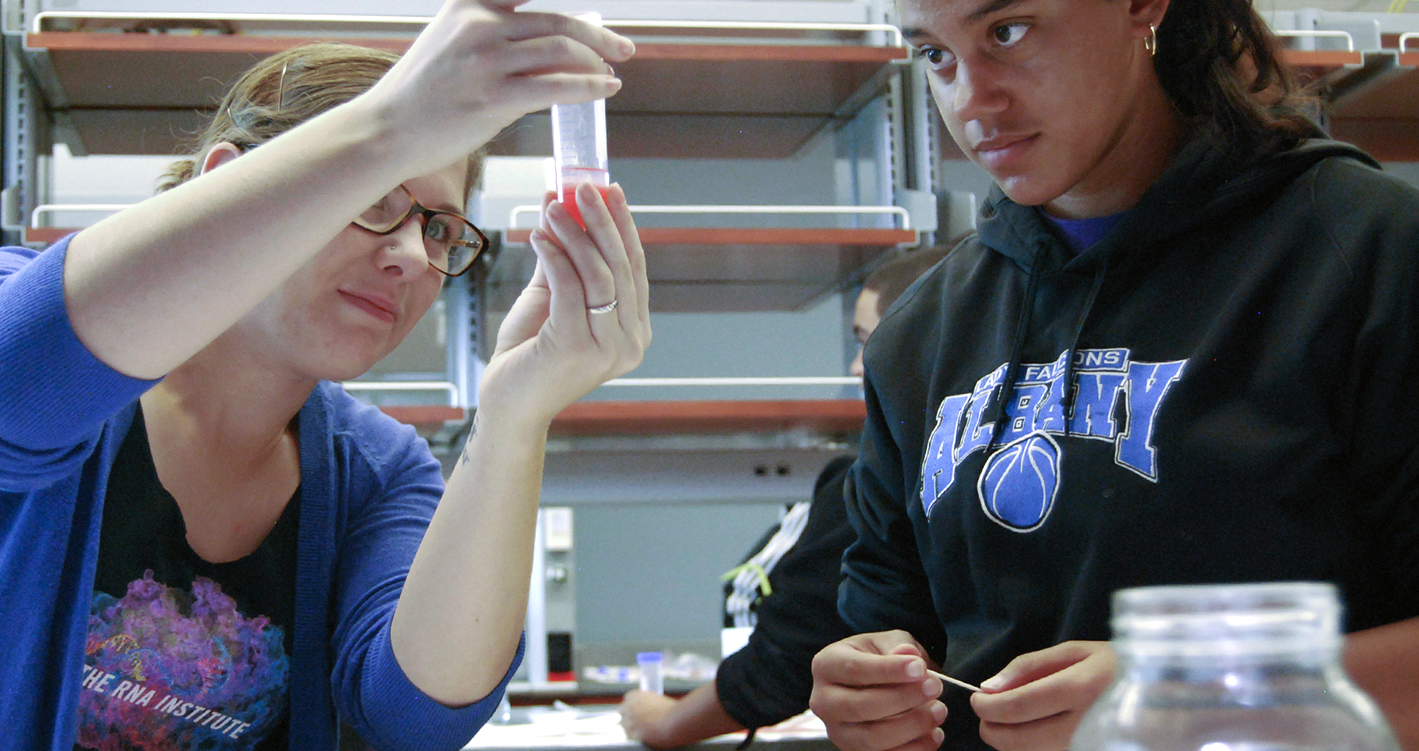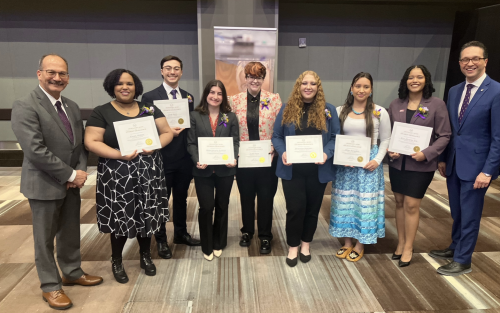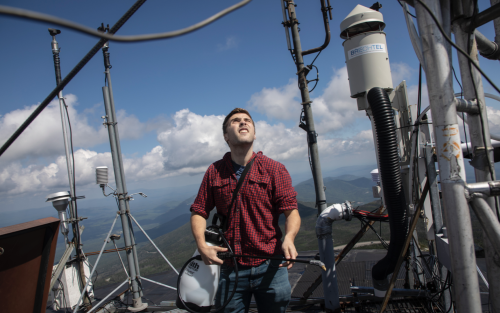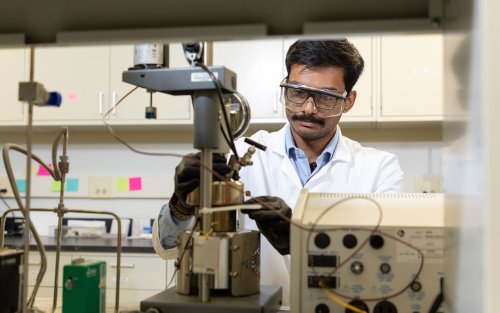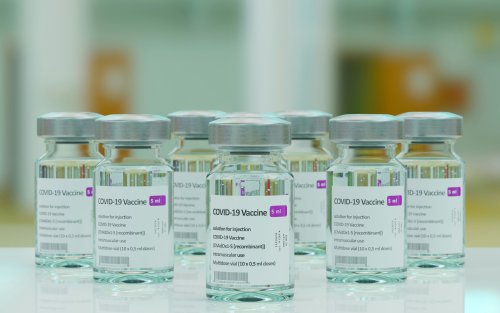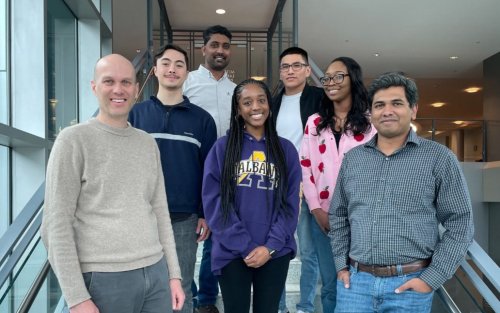Recording: The Axelrod Prize in Public Health Recipient Thomas A. Burke

ALBANY, N.Y. (November 19, 2020) - On November 17, 2020, the University at Albany School of Public Health proudly hosted public health practitioners, faculty, students, colleagues and friends from across the United States for a lecture given by the 2020 Axelrod Prize in Public Health recipient, Thomas A. Burke of Johns Hopkins University.
Burke presented "Lessons We Never Learned in School: Reflections from the Front Lines of Public Health Practice".
Please view the recording of the event below.
The Axelrod Prize in Public Health honors and recognizes an individual who has made significant contributions to the field of public health at the intersection of academia and government service at the local, state or federal level. Candidates were nominated by individuals in public health and related fields. The nominees were evaluated based on the alignment of their public health contributions with Dr. David Axelrod's vision for the important intersection of academia and government health departments, the impact of these contributions to the demonstrable improvement of public health, and the role these contributions played in reducing health disparities.



